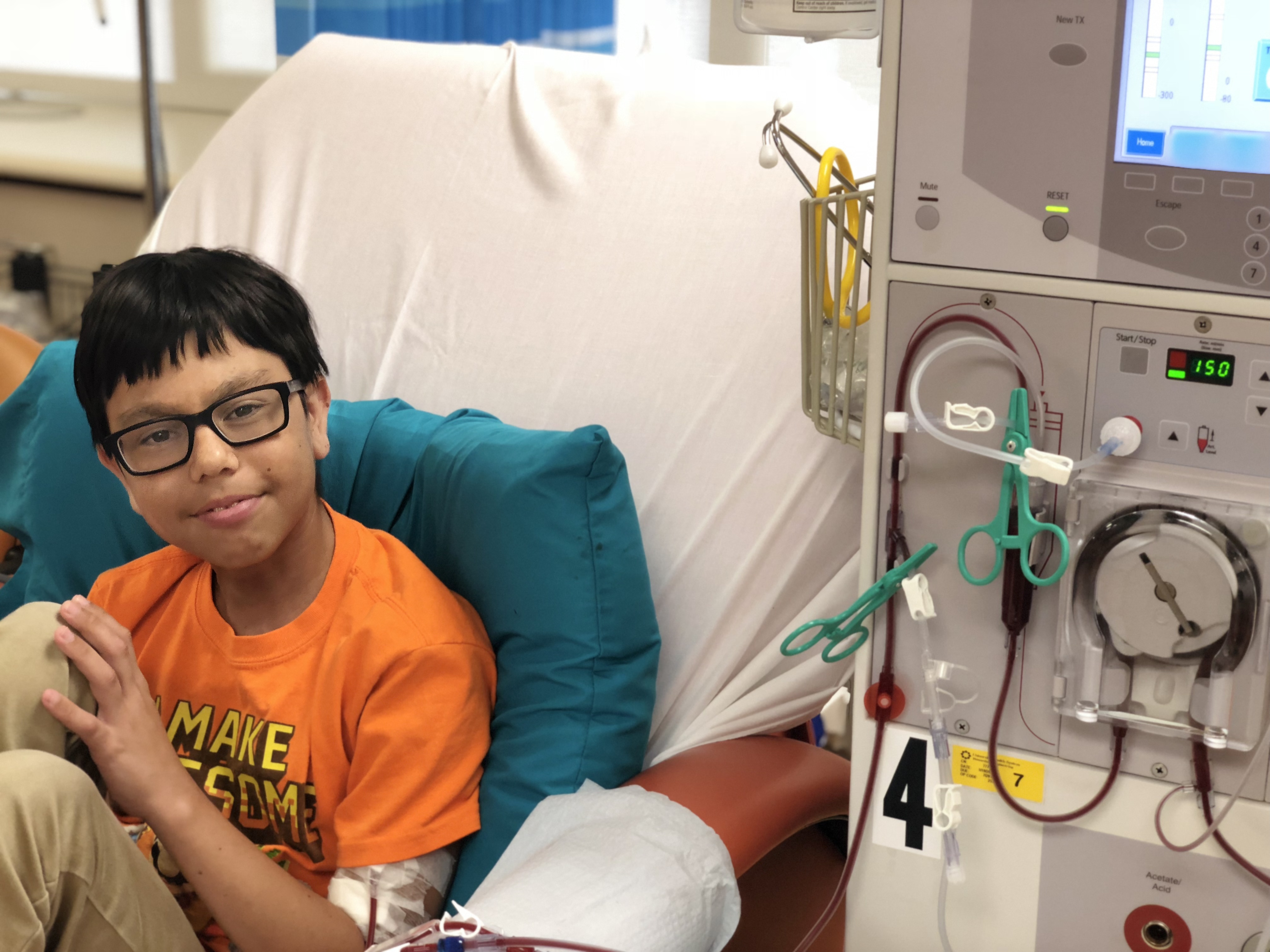A New Year’s resolution for Bexar County families to make smarter drink choices
January 05, 2016
New data shows nearly a third of local adults drink two or more sugary drinks per day
(SAN ANTONIO, TX – January 6, 2015) With many of us looking to make healthier choices in the New Year, the Bexar Healthy Beverage Coalition is expanding its communitywide campaign to educate local residents and families about how much sugar they’re drinking, and to consider healthier alternatives.
“Right now, many of us are making resolutions to eat better and drink more water,” Judge Nelson Wolff said at a news conference Wednesday. “Over the next couple of months, we hope thousands of people – young and old – across this community will make the decision to start small by replacing one or two sugared beverages a day with water, or go big by completely cutting the sugar from their drinks.”The coalition this week is launching a digital ad campaign on social media. These ads, linking to a video and an online sugar calculator on the group’s website, sugar-packed.com, will began appearing on Facebook and Instagram.
In February 2015, Bexar County Commissioners Court unanimously passed a resolution calling for an education campaign on sugary drinks. That resolution led to the creation of the Bexar Healthy Beverage Coalition, whose members include local governments, health and education organizations, advocacy groups and businesses.
The mission of the coalition has become more urgent in the past year, with a growing body of research that links sugary drinks to a host of health problems. Dr. Bryan Alsip, chief medical officer of University Health, noted a study in the American Heart Association’s journal Circulation last year that estimated sugary drinks are responsible for 25,000 deaths in the United States each year, and 180,000 worldwide. Other recent studies added to the evidence linking sugary drinks to obesity, diabetes, heart disease and other conditions.
“The bottom line is, replacing sugar-sweetened drinks with healthier options such as water is one of the simplest and best ways to keep you and your family healthy,” Dr. Alsip said.
Diabetes and obesity are major problems in Bexar County and South Texas. More than 32 percent of Bexar County adults are considered obese, and 71.3 percent are overweight or obese, according to new estimates from the federal Behavioral Risk Factor Surveillance System survey. And the problem is getting worse. Local obesity rates rose 10 percent between 2012 and 2014.
That same survey, analyzed by the San Antonio Metropolitan Health District, found sugar-sweetened beverages are extremely popular in Bexar County, with 64 percent of adults saying they drink them at least sometimes. And almost half of those who do drink them consume two or more every day. Millennials, those 18 to 29 years of age, are the heaviest consumers. And Hispanics, who have a higher risk of developing obesity and diabetes, drink 51 percent more than non-Hispanic whites.
Similar data was reported by visitors to the Witte Museum’s H-E-B Body Adventure, powered by University Health. Asked about their drink choices, 34 percent said they drink one or more soda each day. That percentage was higher among teenagers 13 to 18 years of age, at 38 percent.
“There are few more important public health issues that have a greater impact on the health of our community than healthy eating and drinking, and active living,” said Jennifer Herriott, assistant director of Metro Health. “Reducing the consumption of sugar-sweetened beverages is an important target in preventing diabetes, obesity and related diseases.”
The coalition continues to grow, as concerns about consumption of sugary drinks grows. To join the Healthy Beverage Coalition, click on the “subscribe” button on the sugar-packed.com website, or contact the Health Collaborative at (210) 481-2573. Educational materials on sugary drinks can be found on the group’s website. Soon, the site will add a form for organizations to get help developing materials for specific audiences.
“It takes a community to really change the system,” said Dr. Robert Ferrer, chair of the Health Collaborative and professor of family practice at the University of Texas Health Science Center. “If we’re going to change the system, it will take concerted effort through all these different partners to do that.”



